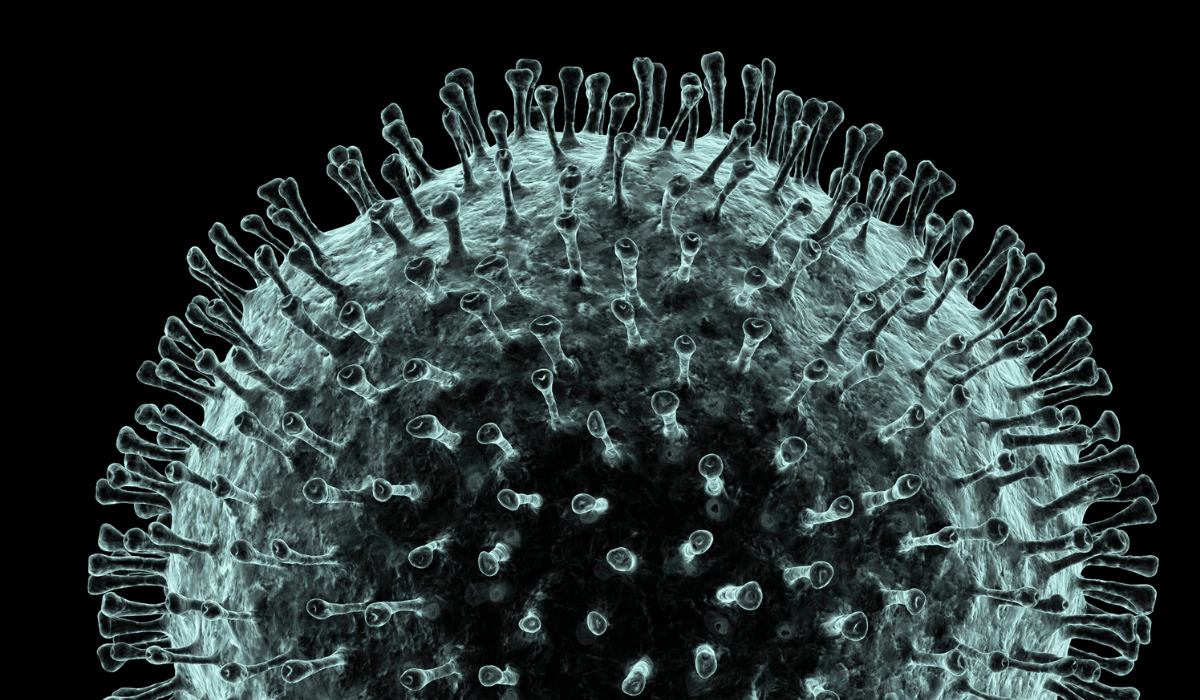Coronavirus Prevention & Protection
The dawn of the year 2020 has been accompanied by a worldwide health concern in the form of the Novel Coronavirus (COVID-19). Coronaviruses (CoV) are a family of enveloped viruses most commonly found in animals and are not typically transmitted between animals and humans. That said, six strains of coronavirus have previously proven capable of such transmission including Severe Acute Respiratory Syndrome (SARS) CoV (large outbreak in 2003) and Middle Eastern Respiratory Syndrome (MERS) CoV (Outbreak in 2012). In order to understand coronavirus prevention, we must first understand what it is and how it is spreading.
The 2019 Novel Coronavirus is the seventh to pass from animals to humans and now has been proven largely capable of human to human transmission. Since its discovery of origin in Wuhan, the capital of China’s central Hubei province, more than 803,000 people have been infected with the virus in more than 179 countries and territories worldwide (as of March 31, 2020). There are currently over 39,000 deaths worldwide and the death rates seem to be significantly higher among age groups above 60 years old.
The CDC is no longer reporting the number of cases under investigation in the US; however, we do know that over 164,000 positive cases have been identified across all 50 US states as well as districts and territories including 3,440 deaths (1,550 in New York). There are now 75,795 confirmed cases in the state of New York, making it by far most widely affected state in the US. Because of this, we feel it is imperative for our customers to be aware of the details surrounding the Novel Coronavirus (COVID-19) and how to best prevent and protect against it in your facilities.
Symptoms of Human Coronavirus Infection
Most human coronavirus cases cause mild to moderate upper respiratory tract illness, similar to the common cold. The symptoms often include runny nose, headache, cough, sore throat, and fever. Sometimes coronavirus can also cause lower respiratory tract infections, such as Pneumonia or bronchitis. Serious cases, like may we are seeing with COVID-19, can cause severe acute respiratory syndrome, pneumonia, kidney failure, and even death.
Spread of Human Coronavirus Infection
Coronaviruses are spread through airborne droplets via coughing/sneezing, via contact with an infected person or contaminated surfaces, and sometimes rarely via fecal contamination. Perhaps the scariest part about COVID-19 is that infected humans can be contagious and pass the virus to others up to 14 days prior to exhibiting any symptoms. This aspect of human corona viruses allows them to quickly spread from person to person and can lead to widespread outbreaks when infected individuals travel to different countries. In the case of COVID-19 there is currently no vaccine nor specific treatment.
Coronavirus Prevention & Protection in the Workplace
- Clean & Disinfect Commonly Touched Areas
- It’s important to clean and disinfect objects and surfaces employees frequently encounter. Examples include door handles, elevator buttons handrails, etc.
- Encourage employees to disinfect items in their immediate work area such as their desk, computer and keyboard to break the cycle of infection.
- Hand Hygiene
- Encourage employees to wash hands often for at least 20-30 seconds.
- Provide easy access to hand sanitizers in the workplace for frequent use as well.
- When Experiencing Symptoms
- First and foremost, stay home and rest to prevent the spread of illness and seek medical attention if symptoms worsen.
- Be courteous and cover your mouth and nose with a tissue when coughing or sneezing occurs. Discard tissues after use.
Guidelines for Healthcare Facilities
Health care providers are urged to take proactive steps to prevent the spread of COVID-19, including obtaining a travel history for patients presenting with fever and/or symptoms of lower respiratory illness (cough, difficulty breathing). For patients under investigation, providers should:
- Ask patients to wear a surgical mask as soon as they are identified.
- Conduct their evaluation in a private room with the door closed, ideally an airborne infection isolation room, if available.
- Use standard precautions, contact precautions, and airborne precautions and use eye protection (goggles or a face shield) for all personnel entering the room.
- Implement basic infection control measures including hand hygiene, respiratory hygiene/cough etiquette (masking), and environmental disinfection.
- Dust off your old SARS plans and update them as indicated. However, this public health emergency is also a reminder that we should proactively revisit emergency management plans and periodically run practice drills.
- Implement travel screening for patients being evaluated for fever and/or symptoms of lower respiratory illness in key entry points of the facility (ED, urgent care, admitting, etc.).
- Emphasize respiratory hygiene/cough etiquette (do you have respiratory etiquette stations in facility entries and waiting areas?).
Do NOT Overlook the Flu
COVID-19 is drawing extreme attention because it is a brand new unknown threat with a wildcard potential for how far it will spread and how many deaths it will cause. That said, the Flu has already caused 19 million illnesses, 180,000 hospitalizations and 10,000 deaths this season, according to the Centers for Disease Control and Prevention (CDC). While this is an illness we have been tracking and studying for decades, we cannot let the new coronavirus craze distract us from continuing to carry out practices for preventing and combating the flu. Many of these practices will help to prevent coronavirus spread as well.
Recommended Products for Coronavirus Disinfection
Be sure to check out our list of recommended EPA-Registered solutions to fight coronavirus here.
How Johnston Can Help
Johnston prides itself on providing exceptional products to suit your needs. Our experts can help you assess your current situation and evaluate the best way to deploy new systems and processes throughout your facilities. Johnston works with many exceptional vendors to deliver quality products, training and service to our customers. In addition, our experts can help identify potential problem areas in your processes and help you to improve them through training, reinforcement and proper product selection. Our team even offers laundry and warewash services as well as preventative maintenance programs where an expert from our team will check on your fleet regularly, keep it in great working order and inform you of any necessary maintenance or repairs. Contact a Johnston expert today to get started.
About Johnston
Johnston has always stood for reliability, commitment, quality, and service. Our heritage means years of accumulated industry knowledge, the ability to see the bigger picture, and the know-how to determine the best possible approach. Combining this mastery with the drive to deliver exceptional results, Johnston goes beyond sales, developing strategic, end-to-end tailored solutions for each customer since 1881.



